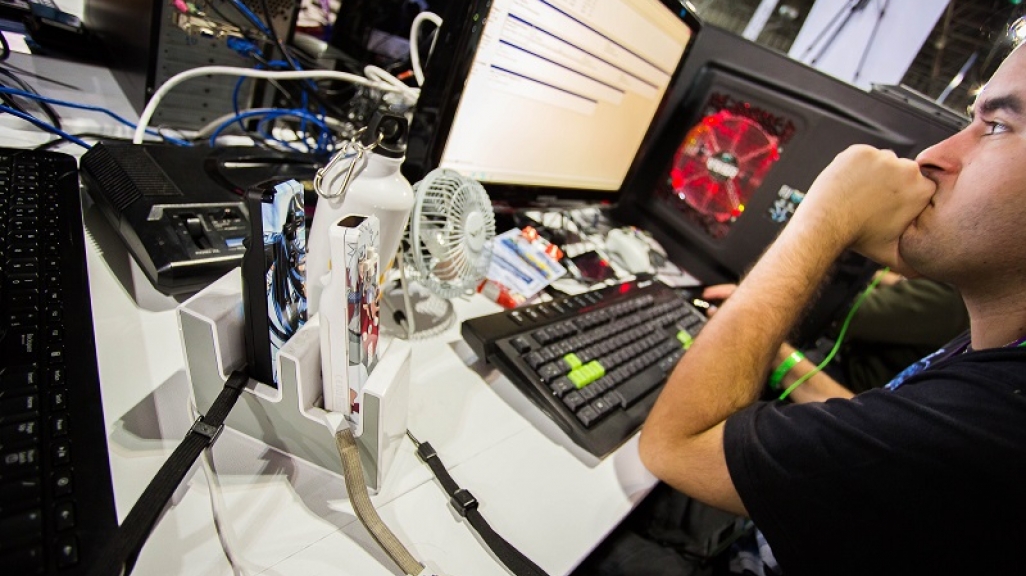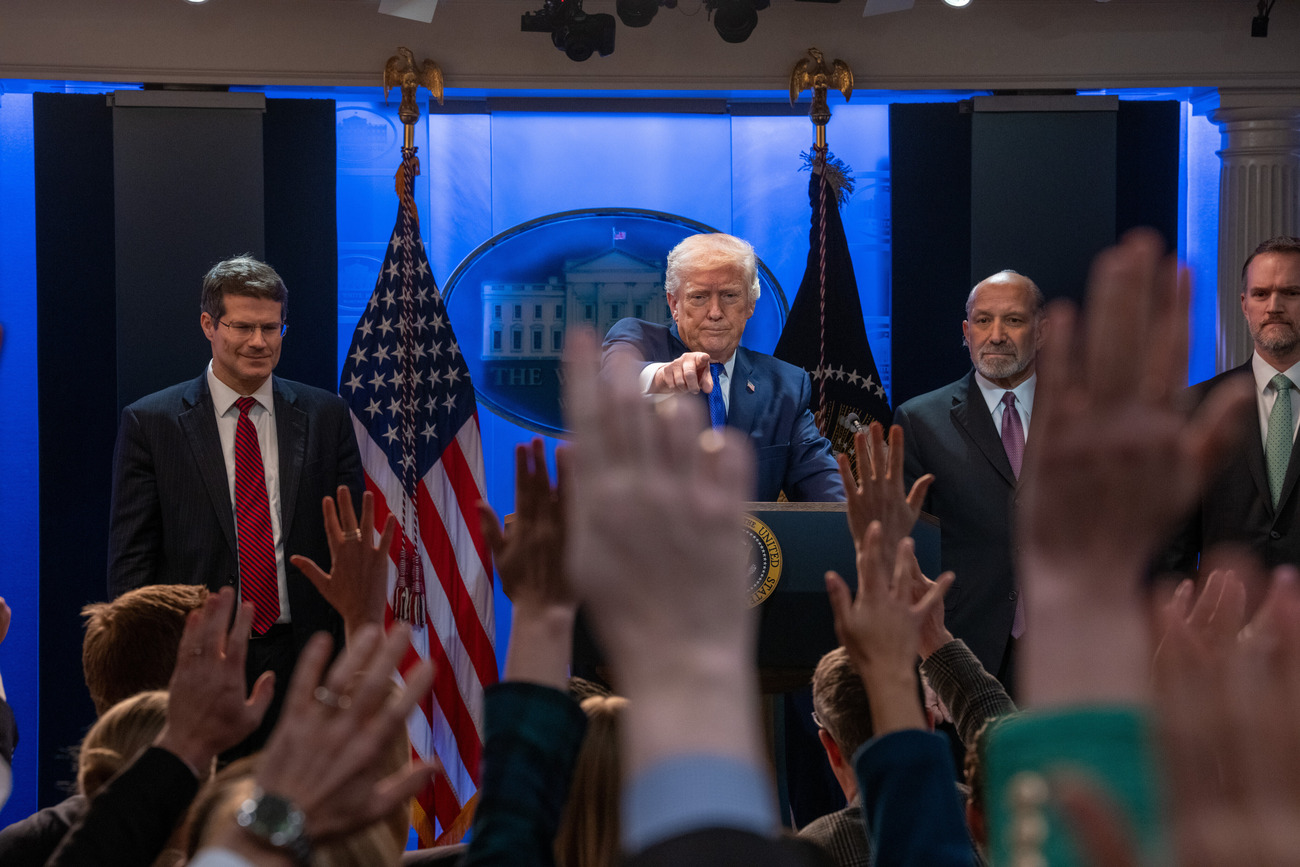Net Neutrality Lessons from Latin America
Net Neutrality Lessons from Latin America
The United States should look south for answers to the net neutrality debate. AS/COA's Carin Zissis and Rachel Glickhouse explain why in U.S. News & World Report.
Will U.S. Internet users soon find themselves paying the price for the fast lane? The Federal Communications Commission is preparing to vote on regulations governing Net neutrality — or the lack thereof. Open-Internet advocates, along with over 100 internet firms, warn the new rules will stifle innovation by allowing large companies to pay internet providers for preferential treatment and faster Internet speeds, thereby creating roadblocks for start-ups and small enterprises. Opponents make the case that, had the same regulations been implemented a decade ago, we would have been stuck using Friendster and AltaVista.
Coincidentally, while the Net neutrality debate heats up in the United States, Latin America’s largest economy has tackled the issue of Net neutrality and Internet access. Brazil just passed a new law internationally hailed by advocates. And Chile passed a landmark Net neutrality law four years ago. What lessons does Latin America have for the United States when it comes to open Internet?
In contrast to the proposed FCC rules, a new law signed by Brazilian President Dilma Rousseff guarantees net neutrality, establishing that telecom companies cannot change prices based on the amount of content accessed by users. Known as the Marco Civil, or the country’s “Internet Bill of Rights,” the legislation ensures that the government and Internet Service Providers cannot interfere with how consumers use the Internet. It also limits what information companies can collect from customers and regulates government surveillance.
In fact, Brazilian surveillance fears helped usher the law through. In the works since 2009, the Marco Civil was fast-tracked by Rousseff after news broke last year that the U.S. National Security Agency spied on millions of phone calls and emails in Brazil, as well as on the president herself.
Brazil has a massive pool of Internet users that’s growing every year, and now ranks fifth largest in the world. Brazilians spend more time online than they do watching television. And the Internet legislation was passed in consultation with that growing number of users, representing an important moment for transparency and citizen engagement. In March, the government received a petition with around 344,000 signatures supporting the law. A few days before signing the bill, Rousseff answered questions on Facebook about the Marco Civil in a chat called #FacetoFaceDilma — the first time she participated in a live event on that social network.
But there’s an economic side to the law as well. While concerns exist that the FCC rules run the risk of harming innovation in the United States, Brazil’s adoption of Net neutrality offers protection in a country where an estimated 10,000 start-ups move nearly $1 billion a year.
Brazil isn’t the only country in Latin America to pursue and pass Net neutrality legislation. Chile was the first country ever to pass Net neutrality legislation, doing so in 2010, a year before the Netherlands became the second country to take that step. And Latin American governments may be responding to public demands; a recent Pew survey on the importance of Internet freedom found that Latin American countries held six out of the top 10 spots of countries supporting unfettered Internet access.
That doesn’t mean all is going smoothly in Latin America when it comes to Internet access. Experts have pointed out that, while it’s an international model for Net neutrality legislation, Brazil’s Marco Civil isn’t perfect, containing a provision requiring websites to maintain data on consumers’ access for a six-month period and raising privacy concerns. Plus, Brazilian ISPs could already be using techniques to slow down service.
Moreover, Mexico witnessed protests in recent weeks, including a viral campaign on social media, over Internet regulations wrapped up in a pending telecommunications reform. Opponents say the legislation allows the government to censor websites, falls short on protecting users’ privacy, and violates Net neutrality by allowing telecommunication companies to offer Internet services at tiered pricing. In the same week that Brazil passed the Marco Civil, Mexico’s Congress opted to postpone debate of the reform. Legislators have yet to redefine the final Internet-focused language of the law.
Back in the United States, the FCC vote also faces a rising wave of opposition. The U.S. Net-neutrality debate raises a question: Should the birthplace of the Internet look south for a forward-looking approach to open Internet?
This article was originally published in U.S. News & World Report's online opinion section.









